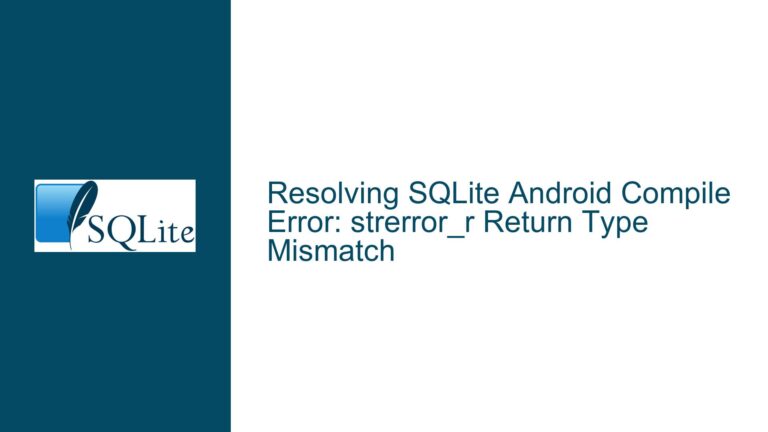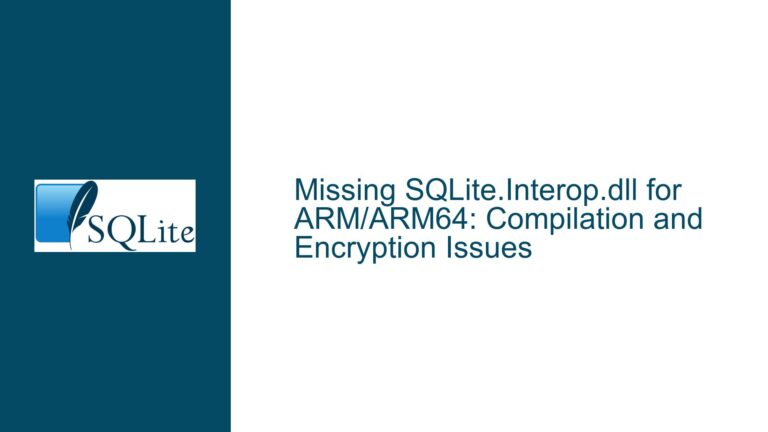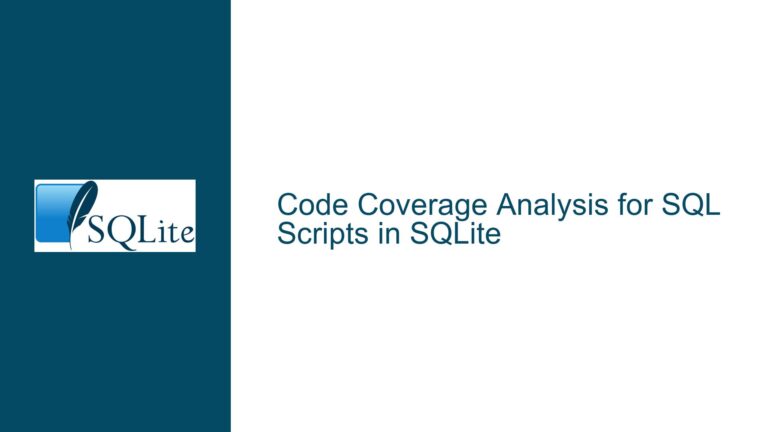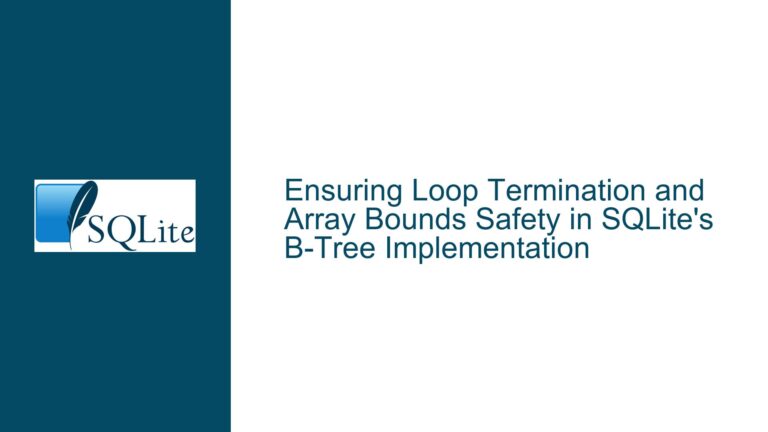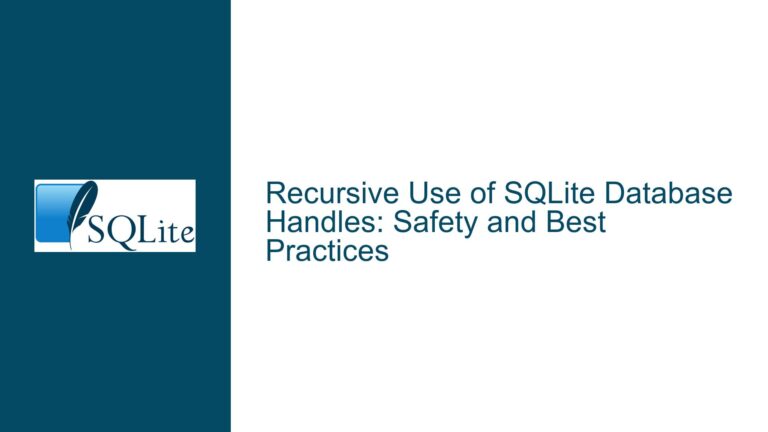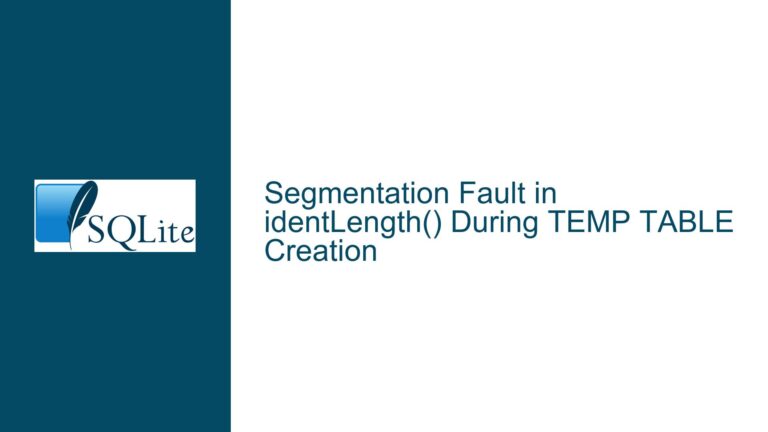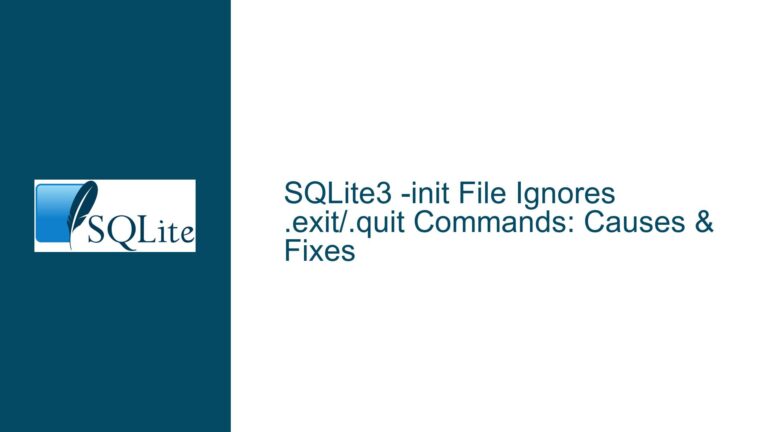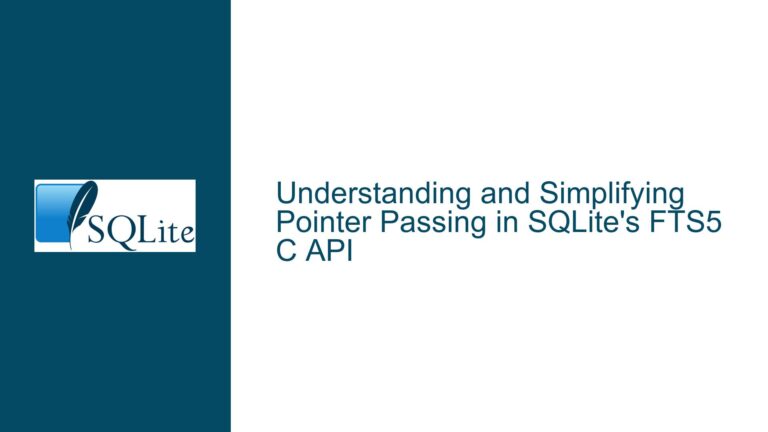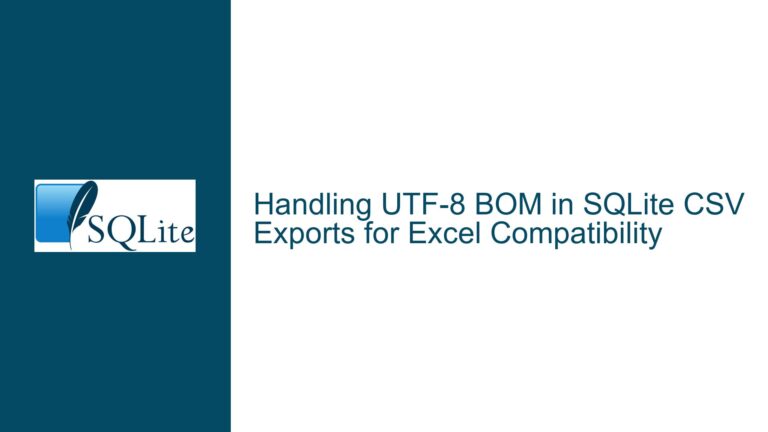Resolving SQLite Android Compile Error: strerror_r Return Type Mismatch
Understanding the strerror_r Return Type Conflict in Android NDK Builds Issue Overview: Compile-Time Error Due to strerror_r Integer-to-Pointer Conversion When compiling SQLite for Android using the NDK (Native Development Kit) r26b or newer, developers targeting API levels below 23 (e.g., API 21) may encounter a fatal compilation error related to the strerror_r function. The error…
